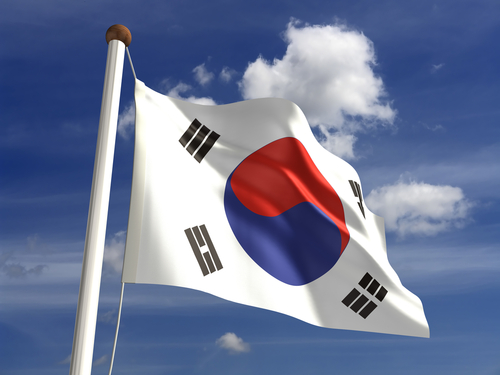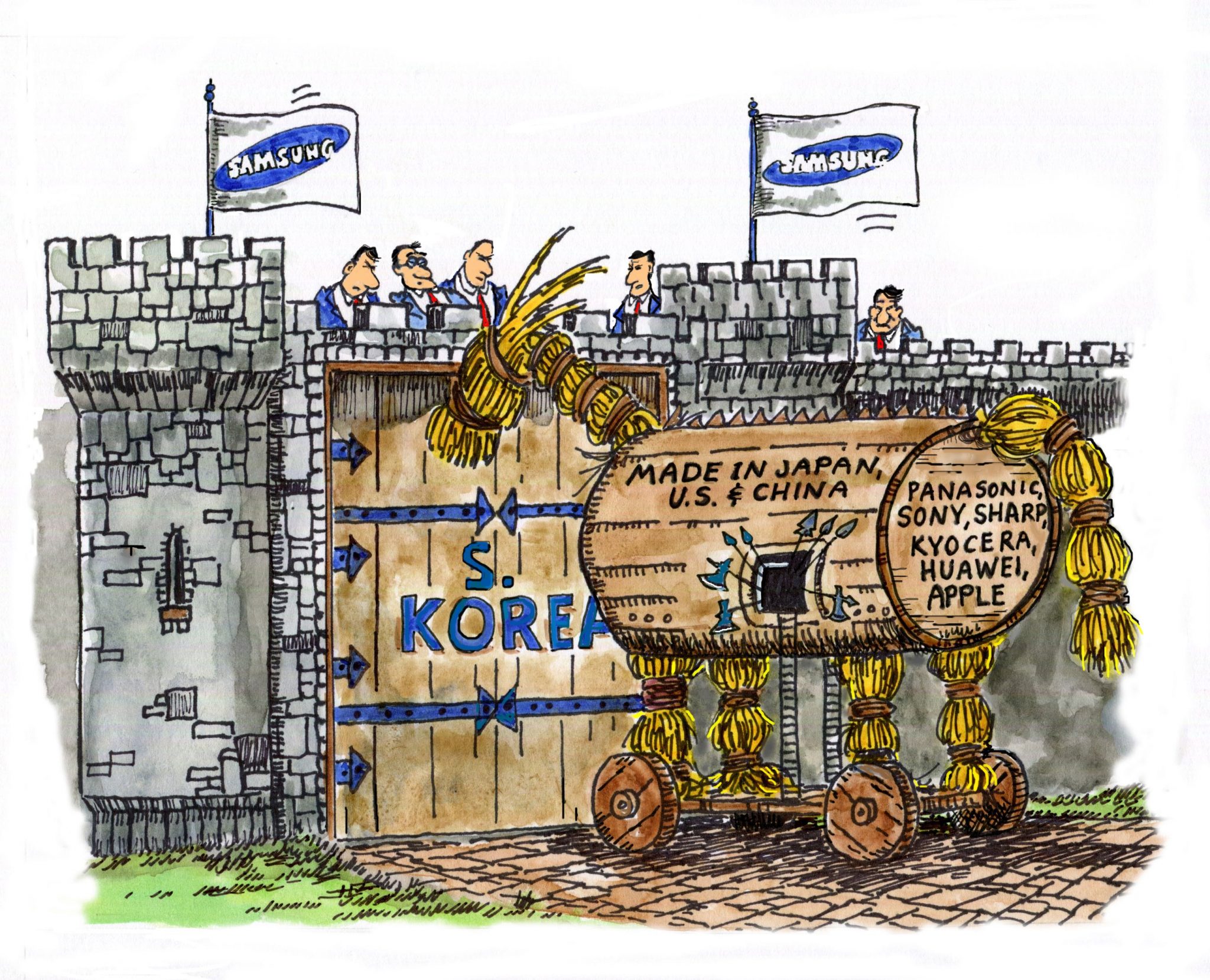Frontiers of Freedom calls upon foreign trade partners to respect intellectual property rights
Washington D.C. – Yesterday, a broad coalition of free-market and center-right organizations released a statement regarding a pending decision of Korea’s Seoul High Court, Korea’s court of last resort. The…


